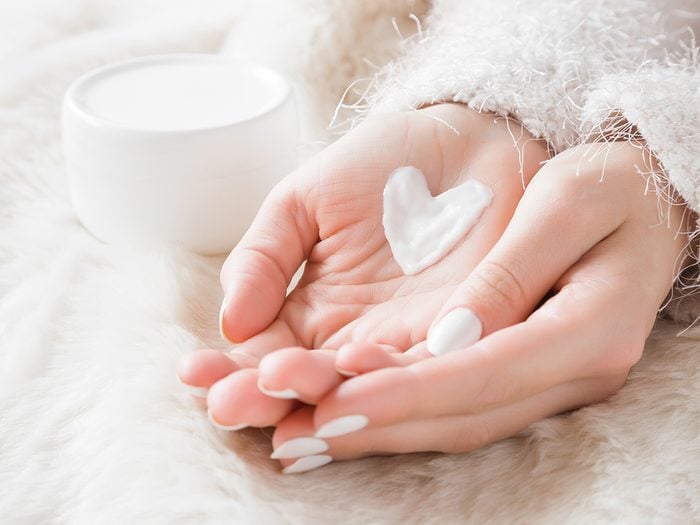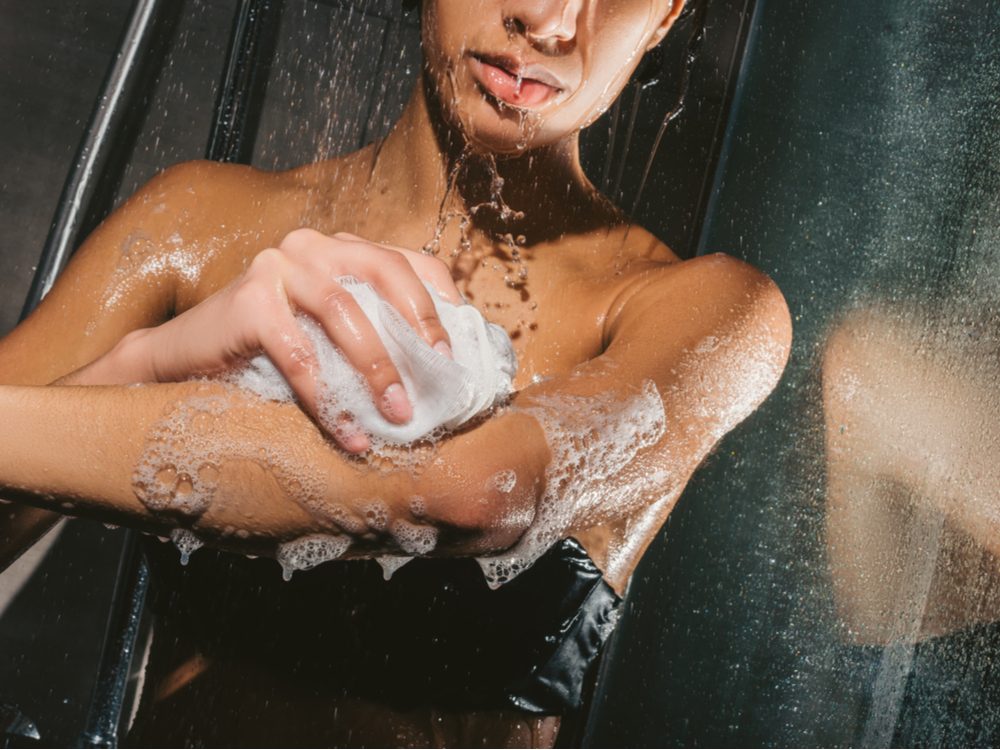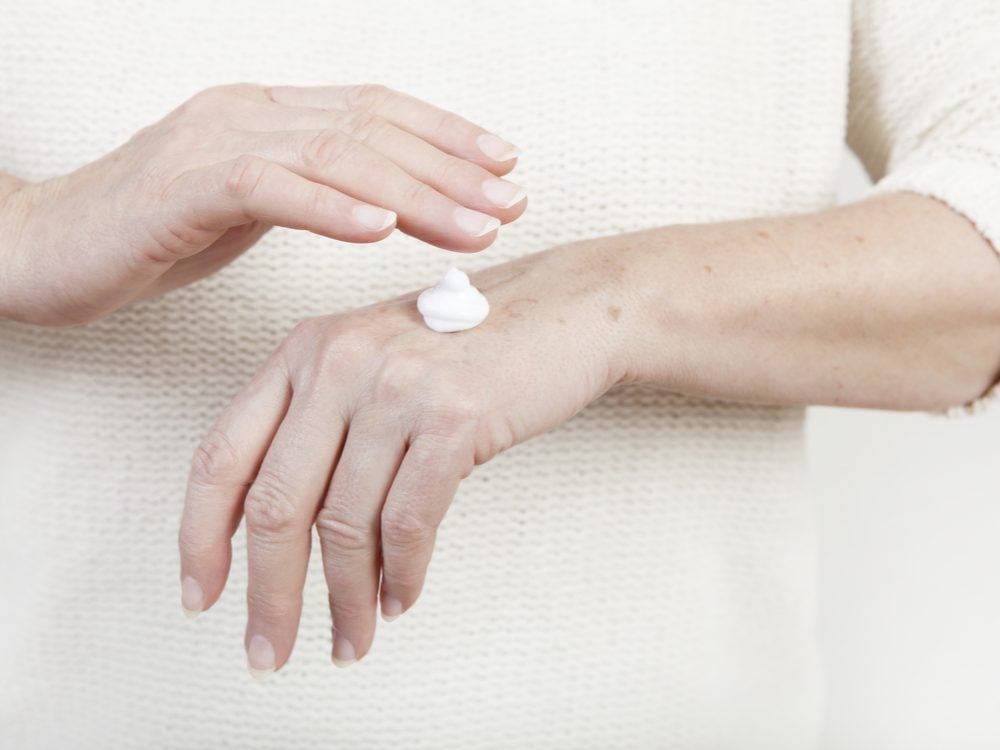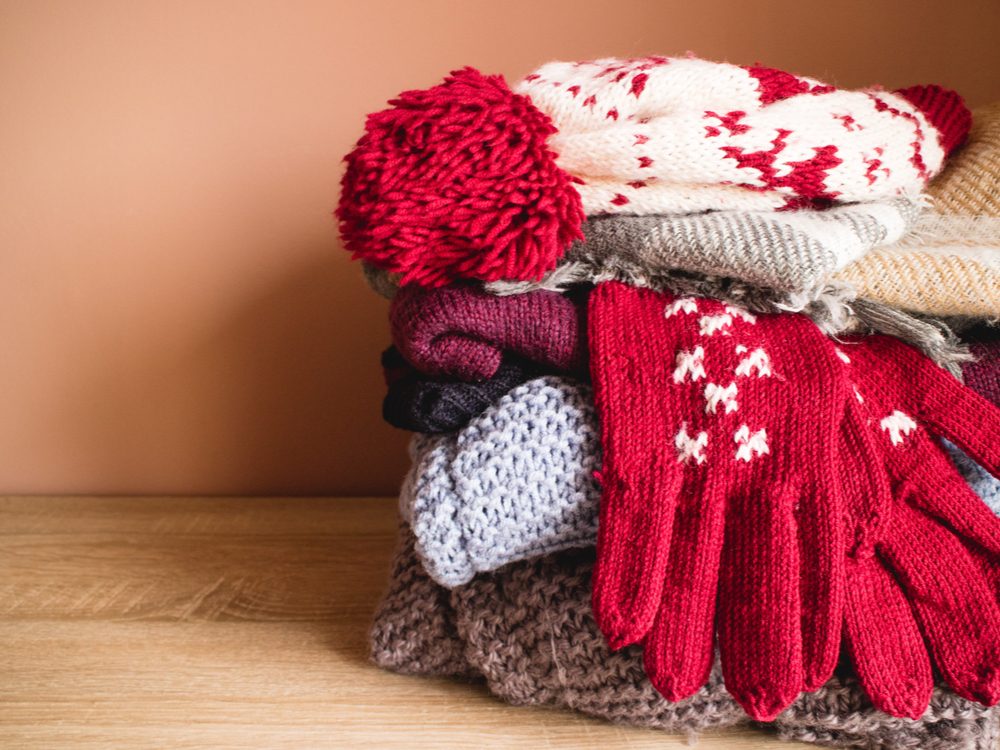
How to avoid dry skin in winter
Ah, winter. ’Tis the season for dry skin, along with potential complications, including itching, flaking, cracking, bleeding, rosacea (redness and inflammation) and eczema flare-ups. There are several reasons for this. First, the air outdoors is drier, because low temperatures cause water molecules to condense into ice or snow rather than remain in the atmosphere. Indoor air tends to be parched as well, an effect of heating systems. Seniors need to take extra care, since cumulative sun damage and slower production of natural oils put them at greater risk of dryness. Happily, there’s plenty you can do to combat dry skin in winter.

Switch up your shower routine
To start, adapt your bathing routine. Piping hot water may feel good, but that’s a sure way to strip away your skin’s natural oils. Use warm water instead, keep your baths or showers short, and apply a generous amount of moisturizer after you dry off. Thick, oily products are especially effective at fighting winter moisture loss, “but don’t despair if you can’t tolerate those due to pore clogging or shininess,” says Dr. Bav Shergill, a consultant dermatologist and spokesperson for the British Skin Foundation. “Even a light moisturizer will give you some protection.”
Make sure you’re not making these common showering mistakes.

Hand care
When it comes to your hands, frequent washing with soap is essential for preventing the flu and other infections, but it leads to dryness. So after you clean them, apply hand cream. If that doesn’t help enough, try a dab of petroleum jelly before bed; you can put on cotton gloves to keep it in place overnight. Wearing mittens or gloves outdoors also reduces damage, since exposure to the frigid air further harms skin.
Here are six common skin rashes, decoded.

Layer up
If you’re prone to winter itch (which is exactly what it sounds like), avoid direct contact with potentially irritating fabrics such as wool or synthetic fibres. “The best approach is to wear several thin layers,” says Shergill. “The one next to the skin could be cotton or a cotton/silk blend, both of which appear to be well tolerated by most people.” Layering lets you adapt to various temperatures during the day, keeping you toasty while avoiding excessive sweating that could trigger itching and scratching in already-irritated skin
Now that you know how to handle dry skin in winter, find out the best foods for your skin.